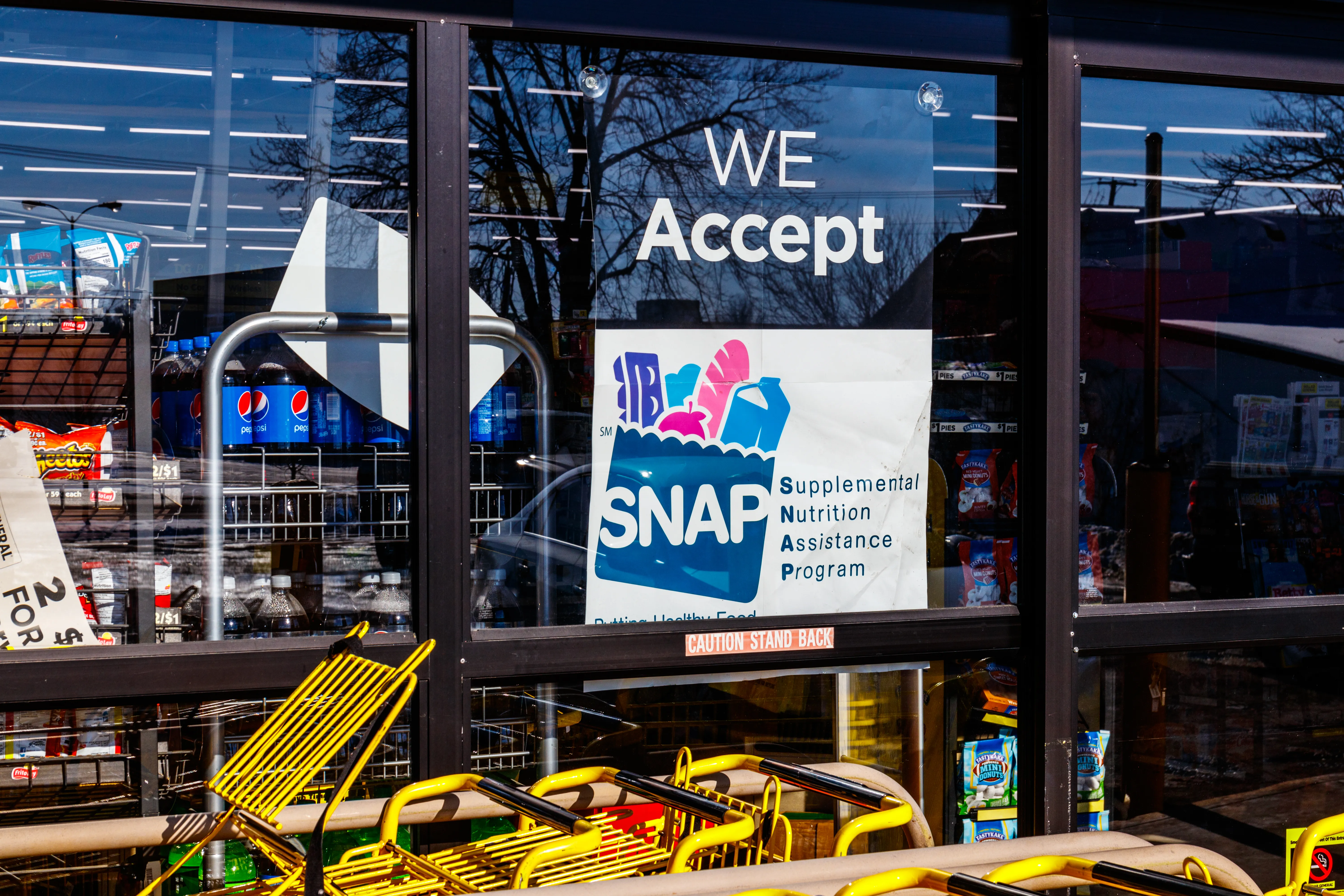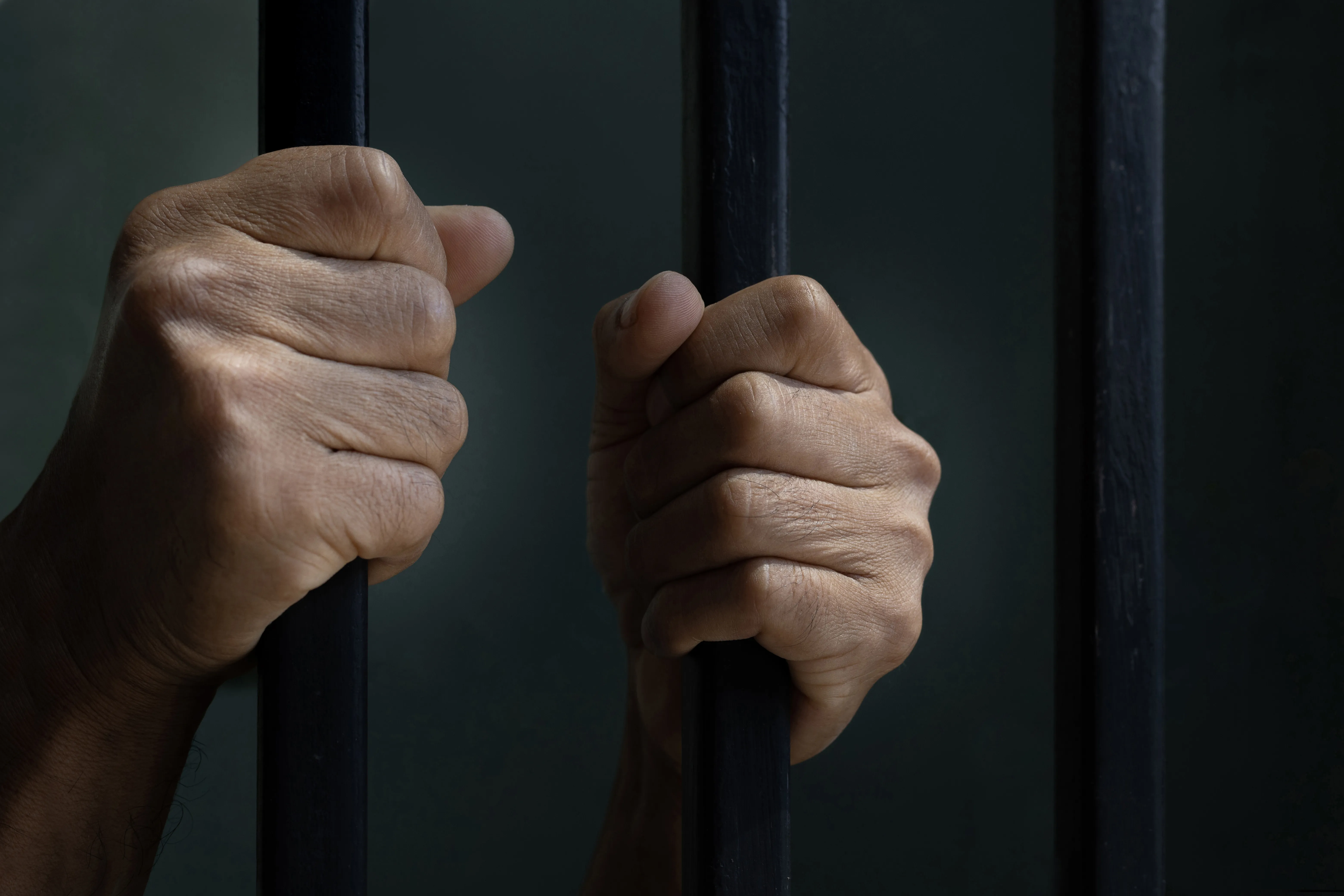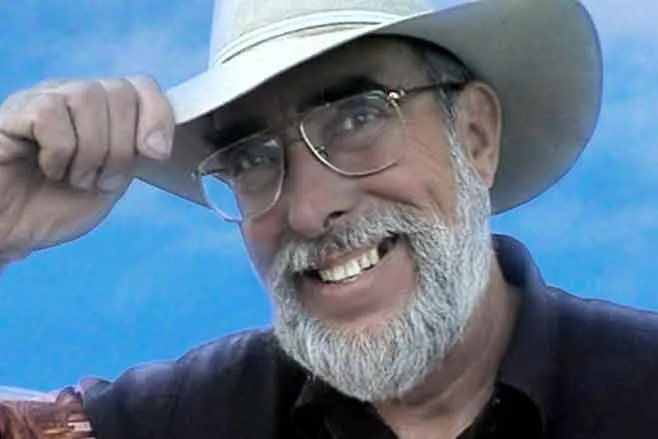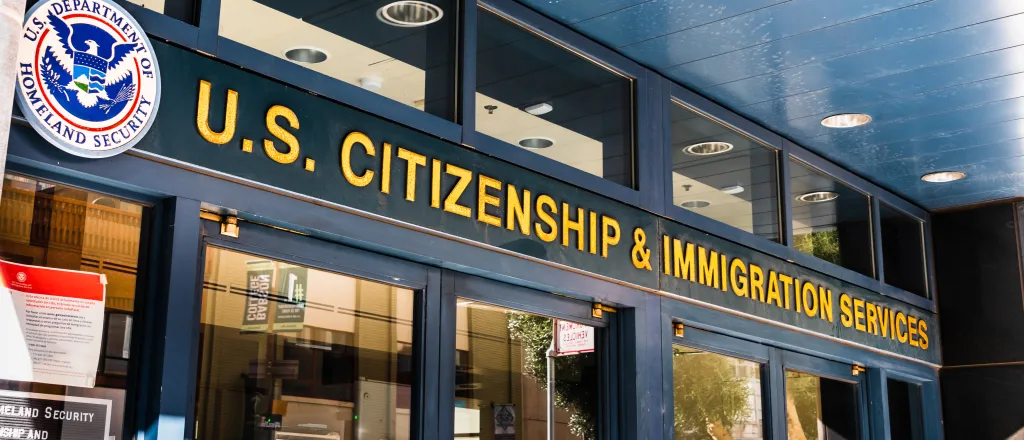
Denver mayor says the city is transparent with migrant operations. Utah begs to differ
© Sundry Photography - iStock-1189510256
(Utah News Dispatch) A rift is growing between Utah and Denver over the Colorado city’s months-long effort to purchase bus tickets for recently arrived migrants, some of whom wind up in Salt Lake City.
Staff with Denver Mayor Mike Johnston say they’ve been transparent — Utah Governor Spencer Cox says otherwise. Regardless, families are showing up in Utah, and the state says its resources are strained.
Jordan Fuja, a spokesperson for Johnston, said Denver has served over 42,000 newcomers. The vast majority of them arrive on buses chartered from Texas, and “had no intention of ever coming to Denver,” she said.
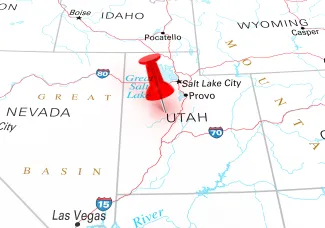
“That’s why part of our operations include purchasing tickets for newcomers to get to their desired location, where they may have support networks or job opportunities,” Fuja said.
But Cox, in a statement on Friday, called the practice “completely unacceptable.”
“We recently learned that the Democrat mayor of Denver has been sending illegal immigrants to Utah without proper notification or approval,” the governor said, arguing that it’s an example of the “failed catch-and-release policy of the Biden administration.”
According to Jennifer Napier-Pearce, a spokesperson for Cox, Denver informed the governor’s office in May that it was paying to transport recently arrived immigrants to a number of cities, including Salt Lake City. In the last 30 days, Napier-Pearce said 59 people have been bused or flown to Utah — but the state doesn’t always get a heads up when a new family arrives from Colorado, she said.
“Just over two weeks ago we learned of an immigrant family at the Salt Lake City airport who had been sent by Denver officials with no resources and no place to go. Denver did not consult with us prior to instigating this practice,” she said. “Since learning of Denver’s policy, we’ve worked with Salt Lake County and Salt Lake City to push back on the Department of Homeland Security, the city of Denver, the state of Colorado and the Biden administration demanding they immediately stop this practice.”
Napier-Pearce said the governor’s office is working with Salt Lake City and Salt Lake County to communicate to migrants and advocacy groups along the U.S.-Mexico border, and other cities including Denver, that Utah is struggling to provide services to the recent arrivals.
“Denver must end this practice and Congress and the president must do their job and fix this untenable situation,” she said.
Cox’s comments on Friday were in response to a KUTV report that pointed to almost 2,000 migrants relocating from Denver to Salt Lake City over two years. The story drew on reporting from Denverite earlier this year that found the city had paid for 1,680 bus tickets to Salt Lake City for asylum seekers since 2022.
Utah Republicans were not pleased with the report.
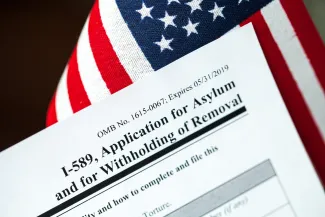
State Senator Daniel McCay, R-Riverton, took to social media to criticize the Denver mayor for “exporting illegal immigrants to Utah as part of his solutions oriented leadership.”
“Even illegal immigrants don’t want to be in (Denver). Can’t say I blame them but this is a big problem,” saidMcCay.
And Cox’s gubernatorial challenger, outgoing Representative Phil Lyman, R-Blanding, repeated his claim that Utah is a sanctuary state, a loose term with no legal definition that often refers to cities or states that don’t cooperate with U.S. Immigration and Customs Enforcement, or ICE.
“Just as Biden has made our entire country a ‘sanctuary’ for illegal aliens, Governor Spencer Cox has made Utah a ‘sanctuary’ for illegal aliens. Why do we have a ‘Republican’ governor who is in lockstep with the policies of the Biden administration?” Lyman said.
Sanctuary policies often include prohibiting city employees or police from asking about immigration status, preventing local law enforcement from being deputized by ICE to carry out federal immigration law, restricting the construction of immigration detention centers or refusing to allow ICE agents into jails without a warrant.
According to the Utah Sherriff’s Association, which issued a strongly worded statement on the issue in April, Utah is not a sanctuary state. The Utah Department of Public Safety and Cox have also pushed back on that label.
Aden Bater, the director of migration and refugee services at Catholic Community Services’ Salt Lake City office, was unfamiliar with the report out of Denver. But he told Utah News Dispatch that every week roughly 30 new faces show up at Catholic Community Services’ weekly informational meetings about asylum processing. They come from around the world and country, some having just arrived at the southern border, others relocating from cities, including Denver.
Regardless, Batar pushed back on the idea that anyone is being “sent” to Utah. Nonprofit groups or cities may offer assistance, but he doesn’t see people who were forced to resettle here.
“People have the right to go wherever they want, wherever they have friends or relatives. Based on that, they are assisted with bus passes. If they want to go to Utah, they can get a bus token to Utah. If they want to go to California, they can get a bus token to California,” he said.
Batar said the last two months have been busy, but not abnormally so. Numbers ebb and flow in resettlement, often picking up during the spring and summer months.

They come from all over the world, often fleeing war, gang violence and persecution — families from Afghanistan, Democratic Republic of the Congo, El Salvador, Hondorus, Venezuela, Syria, Somalia, Sudan and more are showing up in Salt Lake City, and have for years. There are almost 70,000 refugees living in Utah, according to both Batar and other state officials.
Those newcomers are usually in one of two groups — refugees and asylum seekers. Refugees arrive directly from a refugee camp, and come through the traditional resettlement program, a process that can take years. They’re fully vetted and interviewed by federal officials and are eligible for benefits through the program.
Asylum seekers present themselves at a U.S. port of entry, which can be along the border or at a U.S. airport. They show officials that they have an asylum claim, which is defined as a credible fear of persecution. Like refugees, they are vetted and interviewed at the port of entry, then their case is referred to an immigration court.
Many of the people coming from Latin America are the latter.
Batar on Friday said calling them “illegal immigrants” is a misnomer. Even if their claim of asylum doesn’t meet the legal definition, they are still following U.S. immigration law by showing up at a port of entry. While their case plays out in the courts, they are free to live where they want.
A report from the American Immigration Council found that 83 percent of migrants attend their court hearing — those who fail to show “often did not receive notice or faced hardship in getting to court,” the report stated.
“The U.S. is one of the countries that signed the Geneva Convention. We need to point that out,” said Batar. “We have a legal obligation to protect the safety of these individuals, and that’s why they’re being sent to immigration court. The court will hear their case and decide whether they have an asylum case or not.”
Friday, Utah Democrats echoed Batar. In a statement, the House Minority Caucus emphasized that Denver is not “proactively choosing to send migrants to Utah.”
“Amidst the debates and policies regarding immigration, it’s crucial to remember that asylum seekers are real people, including many children, who have endured incredibly harsh conditions and arrived here with hopes and dreams of a better life,” said House Minority Leader Angela Romero, D-Salt Lake City.
Romero, in a statement, said her office was “in close communication with the Denver Mayor’s Office.”
The report concerning Denver is nothing new — instances of asylum seekers receiving free bus tickets to Utahhave been reported previously. That includes a story earlier this year from Utah News Dispatch on families being dropped off at a Salt Lake City bus station, forced to sleep outside in below-freezing temperatures.
Instances like this have drawn condemnation from Cox, who has repeatedly called on Congress and the White House to pass some kind of immigration reform. On Friday, he aired those grievances again.
“Every state has received illegal immigrants and Utah’s resources are completely depleted. All 50 states, including Utah, are now border states due to the failed immigration policies of President Biden and Congress. Once again we call on the Biden administration and Congress to solve this crisis,” the governor said in his statement.
Colorado Newsline’s Chase Woodruff contributed to this report.
Utah News Dispatch is part of States Newsroom, a nonprofit news network supported by grants and a coalition of donors as a 501c(3) public charity. Utah News Dispatch maintains editorial independence. Contact Editor McKenzie Romero for questions: info@utahnewsdispatch.com. Follow Utah News Dispatch on Facebook and X.

